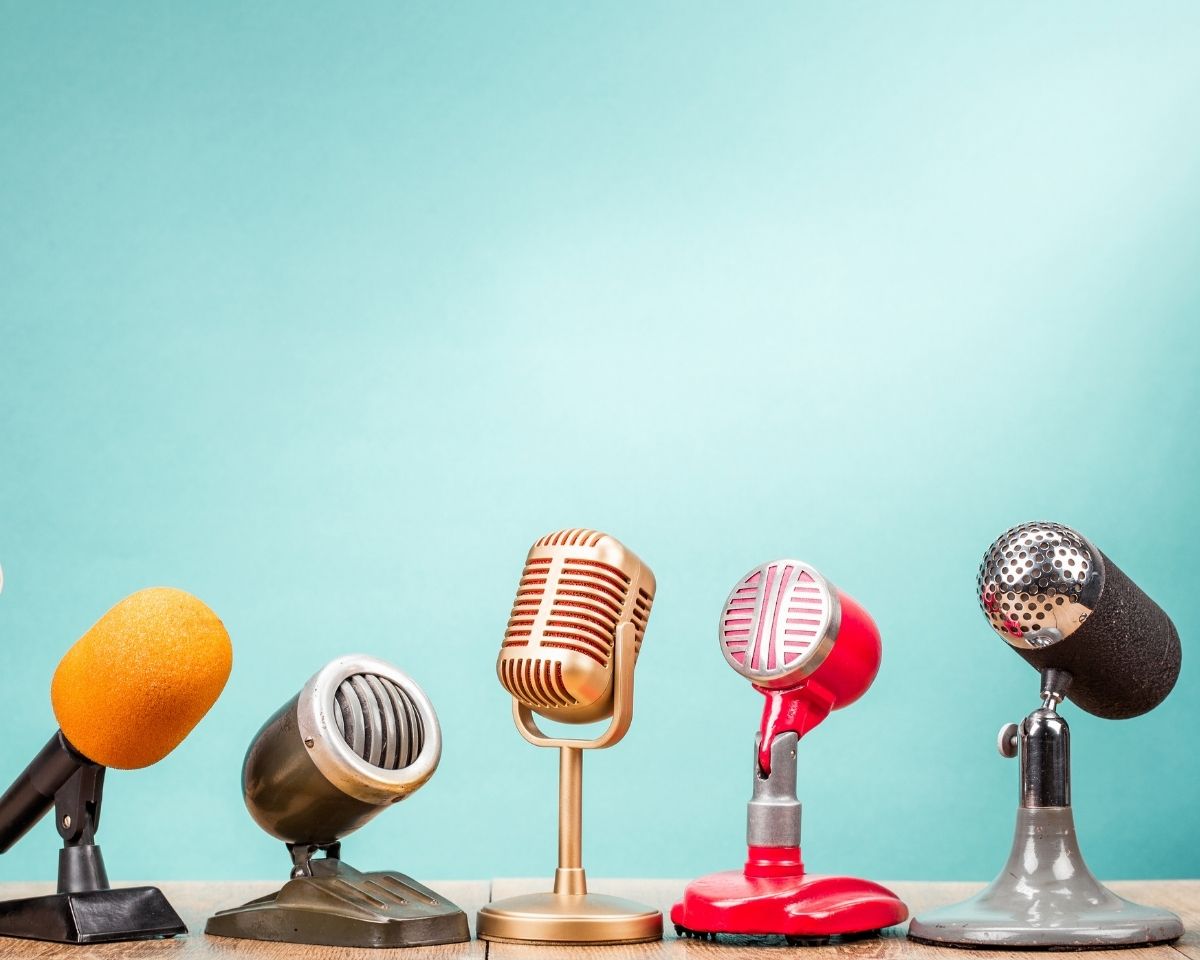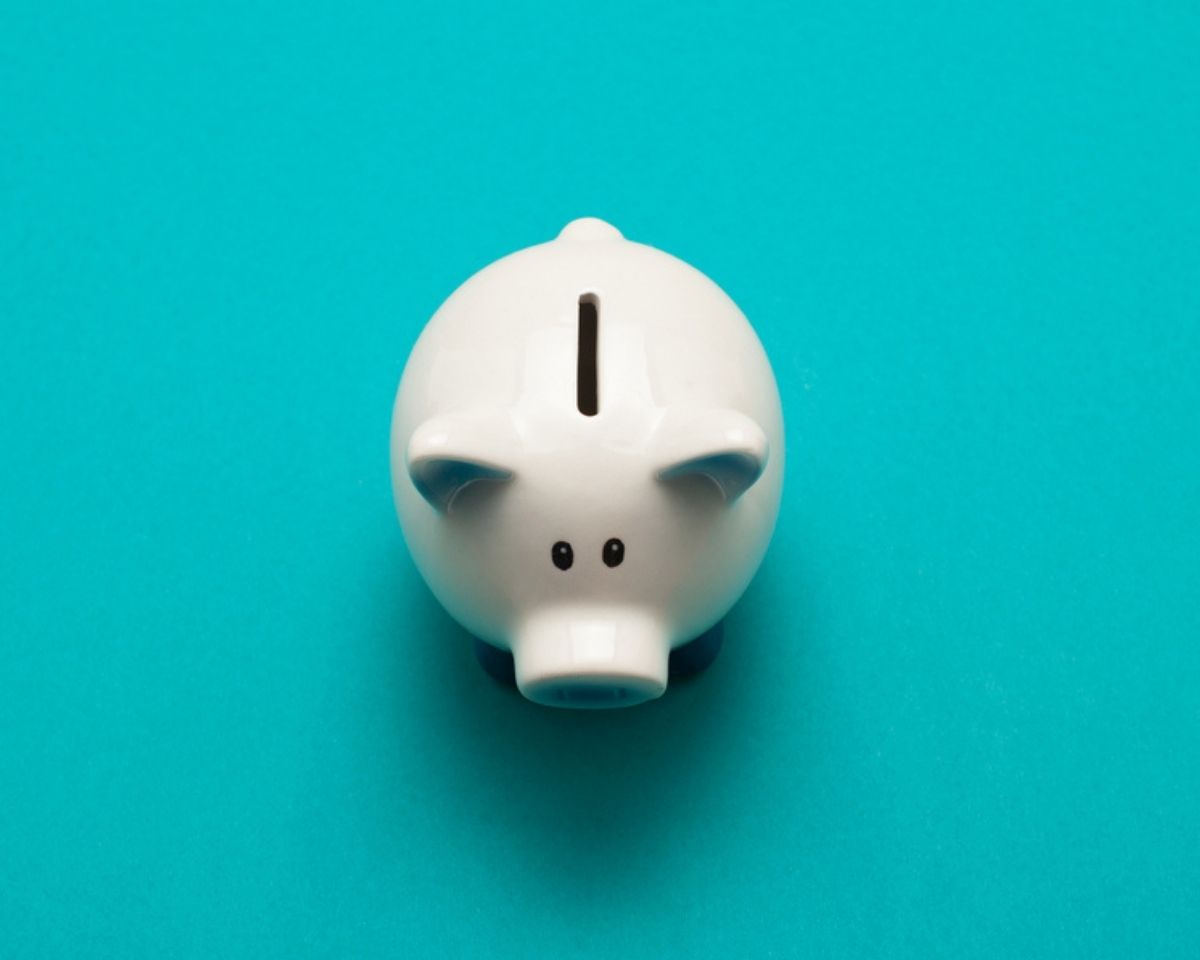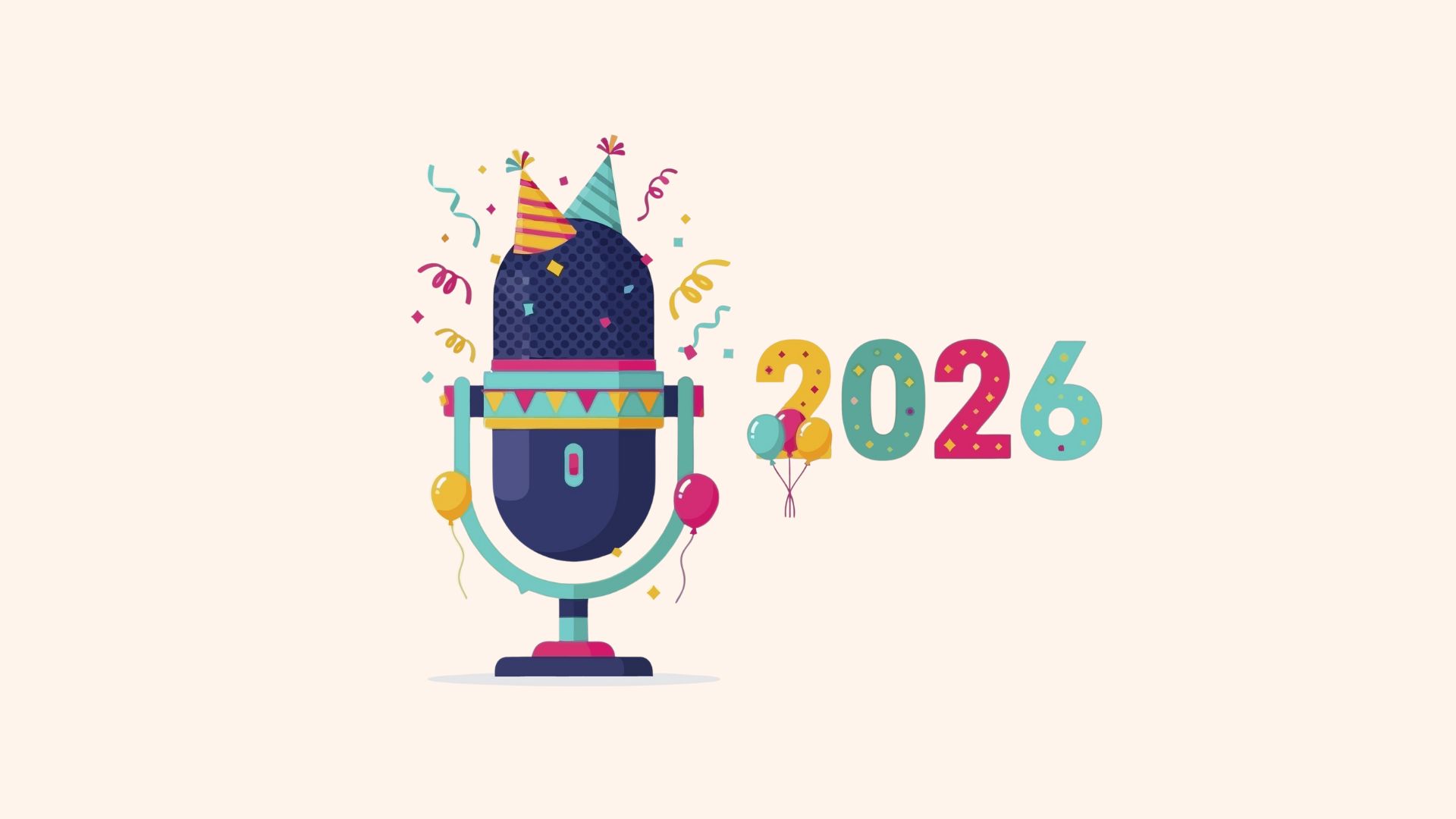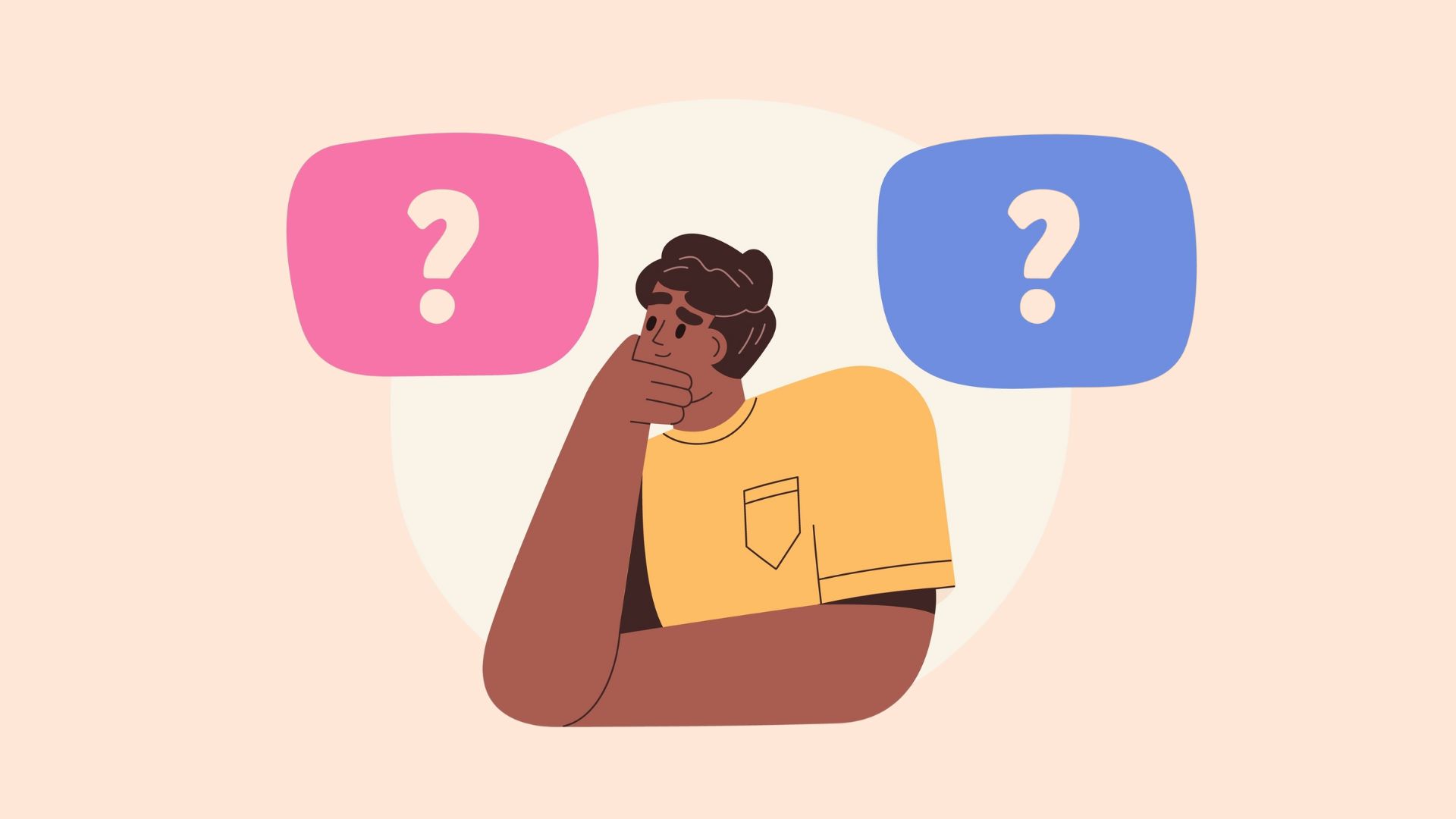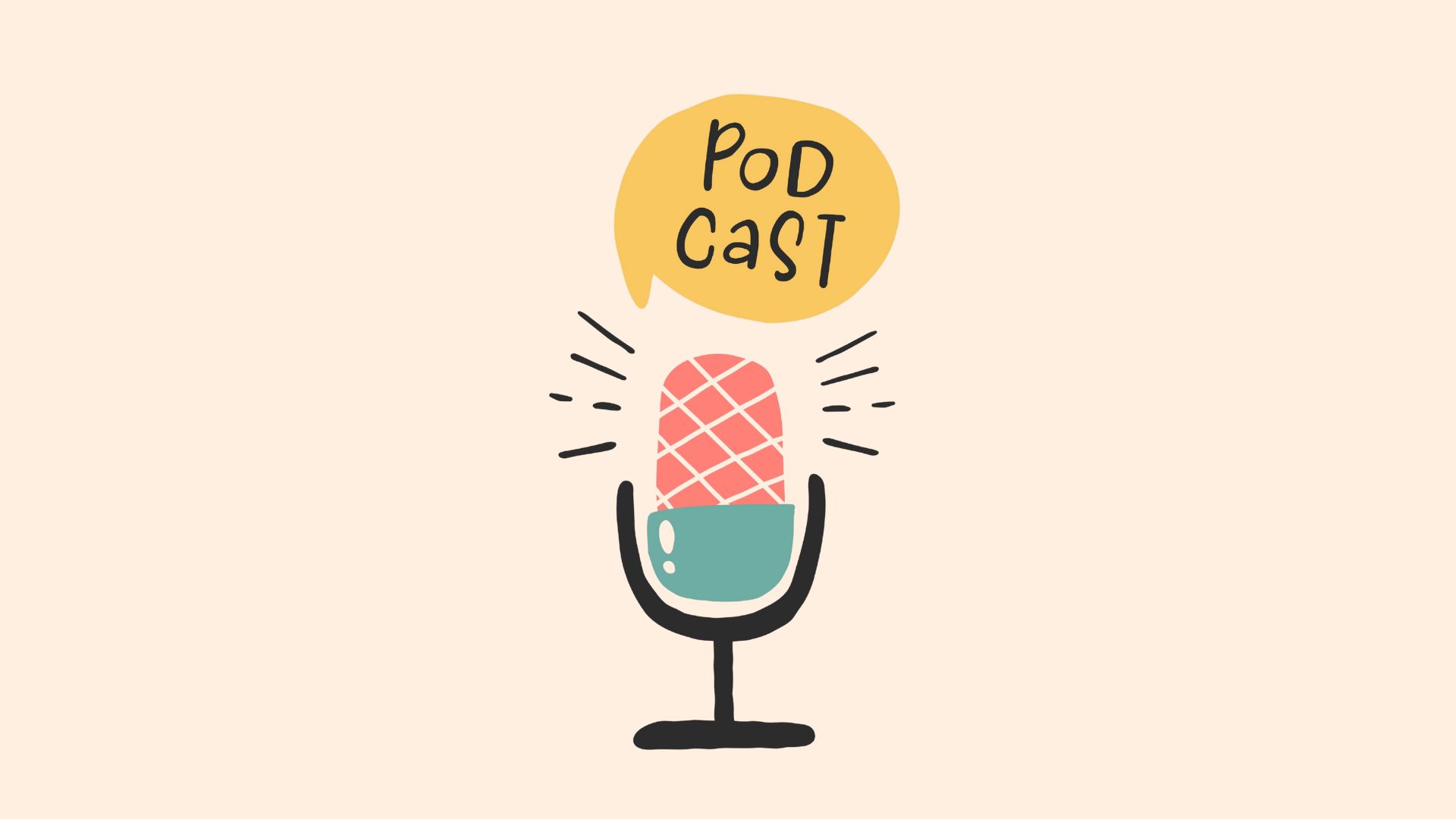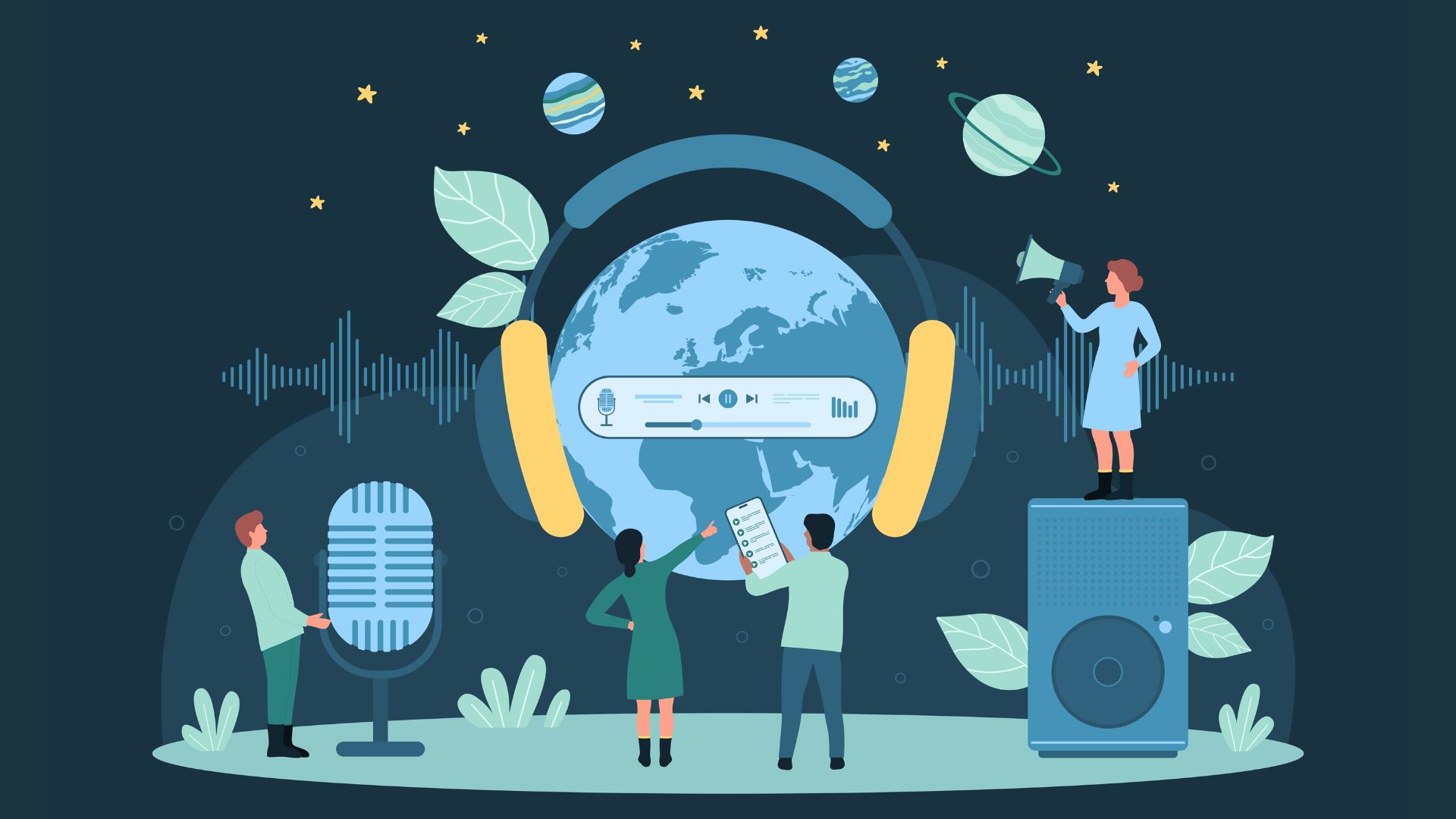To podcast or not to podcast?
Podcasting is a great way to get your message out into the world but it’s also hard work. For every show that’s listened to by millions of people, there are thousands that have an audience consisting of the host and their mum.
So, should you start a podcast or is it better to stick to being a fan?
Well, before you buy the latest gear, don the headphones and start sprinting towards your dreams of podcasting glory, ask yourself these questions…
Who are you doing this for?
If you want your podcast to be a success it’s essential that your idea is built with an audience in mind, rather than your ego.
If you’re only doing it because you want to say “I have a podcast” or because you think you’re entertaining and people need to hear that, you’re going to find it difficult to grow an audience.
Why? Because audiences gravitate toward content that provides value for them.
That value could be entertainment, education, escapism or just the fact that they find you really engaging.
If you’ve started a podcast because you want to get your voice out there and that’s it, the only person who’s getting any value out of that is you.
Sure your parents might listen because value for them could be supporting you, but you’re not going to grow your audience outside of the people who know you.
Sitting down before you start your show to design your ideal listener will help you make content decisions so you’ve always got them, not you and your ego, in mind.
Do you know your niche?
Trying to create a podcast that appeals to everyone usually ends up appealing to no one.
There are a bajillion podcasts out there and unless you’re an established brand people are already searching for, the only way to stand out from the crowd is if you’re doing something different.
You might be concerned that narrowing your focus will make it harder to come up with ideas but anyone who’s worked creatively will know, the most crippling thing anyone can say is ‘do whatever you want.’
Creativity needs parameters to get the juices flowing, so if you know exactly what your topic area is or what specific problem you’re solving and why you’re doing it, coming up with content will be much easier.
It also makes it easier to sell your concept to new listeners.
If you can explain the idea in one sentence that’s going to be much more compelling than saying “It’s a show where I talk about stuff I find interesting.”
That’s great if people already find you interesting but if this is the first encounter they have with your show it’ll sound like your podcast is more about you than it is about the audience.
Do you have time to do it?
Podcasting is a huge commitment and the only way to gain traction is if you’re releasing episodes consistently.
The most common and usually most effective frequency is weekly, although the more episodes you have, the more opportunities there will be for people to download your show.
Consistency is key so before you launch it’s important to look ahead at your calendar and think ‘Can I realistically upload an episode every week for the next year?’
If you can’t it might not be the right time to get started because if you promise your listeners there’ll be a new episode every week, it has to be there.
One way to combat the stress of recording an episode every week is to batch record episodes so you can get ahead of yourself.
If your content is based on current events this will be difficult, but if you can plan and record your shows in advance, this will give you a buffer of episodes to release that will save you a lot of stress.
Are you just doing this to make money?
There are a lot of people out there making money from podcasting BUT that hasn’t happened overnight and they’re also the exception rather than the rule.
Ads aren’t the only way to monetise your show but if you are going to put ads in your content you need at least 10,000 downloads per episode to make it worthwhile.
If you’ve started your podcast already you’ll know, that is not an easy number to get to.
Shows that are monetising their content have either established a significant following prior to starting their podcast or they’ve grown an audience by consistently uploading content that appeals to their ideal listeners.
And this doesn’t happen overnight.
Having the goal of generating revenue isn’t an impossible dream but you have to have a loyal audience first and you have no idea how long that will take to build.
It’s best to start from a place where you’re dying to put your content out into the world regardless of whether you’re getting paid for it and see where it goes from there.
That way any money you do make will be a bonus rather than something you’re counting on.
Why do you really want to start a podcast?
If you’re doing it because you’ve got content you’re confident an audience will find valuable and you’re committed to putting in the time and effort to build your show, there’s a good chance your podcast will be a success (although not overnight).
If you’re doing it because you think podcasting is something you have to do because everyone else is doing it then don’t go buying that mic just yet.
There are millions of podcasts out there and the vast majority of these are no longer in production.
Sometimes that’s because they were only supposed to last for a season but the majority of the time it’s because the makers of these shows didn’t realise it’s not as simple as sitting in front of a microphone for five minutes and then watching the fans flood in.
To be successful you have to create quality content (which requires real effort), consistently (which takes a lot of time) and share it far and wide so people actually listen (which is harder than you might think).
All of this means you have to be podcasting for the right reasons or your show will fade out like so many others.
Got a burning podcasting question you’d like answered? Send me an email.
Want to start your own podcast but need a little help? Download my “How To Start A Podcast” guide or sign up for my online podcasting course, PodSchool.



